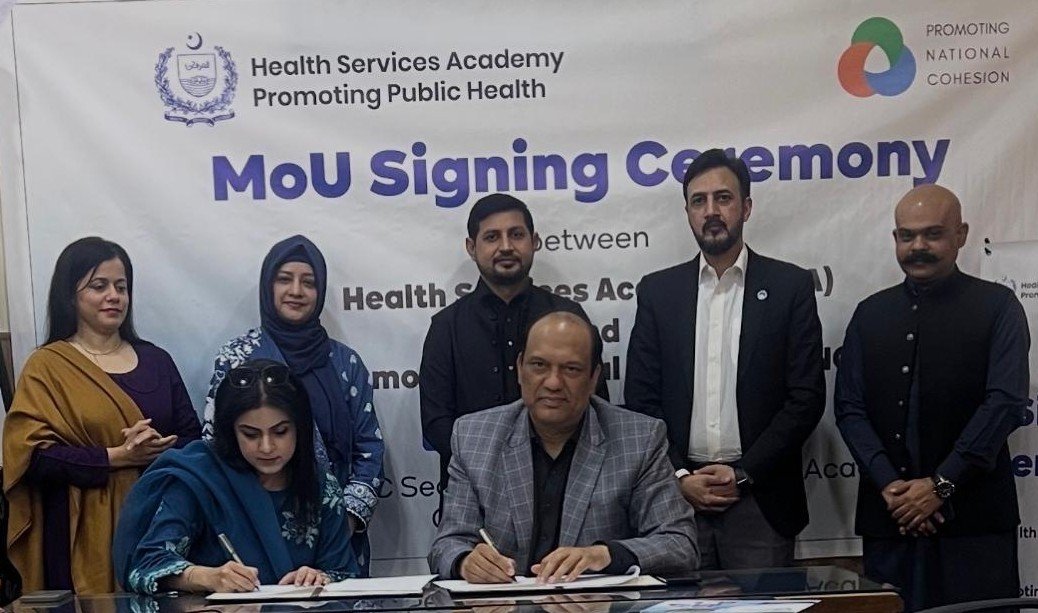WHO’s focus on TB vaccine research reflects a critical need, with only 20% of the 2022 target of $5 billion for TB research achieved.
Pakistan listed as one of 5 high-burden TB countries: WHO. Director General Dr. Tedros Adhanom Ghebreyesus said. “We urge nations to expand TB prevention, detection and treatment tools to end TB forever.”
While TB-related deaths are expected to decline slightly to 1.32 million in 2022, the disease continues to spread rapidly in areas with high rates of malnutrition, diabetes, smoking and HIV, globally in 2023. But 56 percent of the TB burden was concentrated in the upper stratum. Burden on countries including Pakistan.
The rise of multidrug-resistant TB (MDR-TB), which resists standard treatments, further complicates efforts to eradicate the disease. Only 44% of MDR/RR-TB cases were diagnosed and treated in 2023, with a treatment success rate of 68%, highlighting the challenges in managing this form of TB.
Lack of funding continues to hamper TB control efforts. In 2023, low- and middle-income countries (LMICs) needed $22 billion for effective TB management but secured only $5.7 billion, or 26 percent of that amount. The WHO report also highlights that many TB-affected households spend more than 20 percent of their annual income on TB treatment.
Dr. Teresa Kasaeva, director of WHO‘s Global Tuberculosis Program, called for urgent, multisectoral collaboration, stressing that “fund fall, financial burden, conflict, climate change, and drug-resistant TB hindering the development of
WHO’s focus on TB vaccine research reflects a critical need, with only 20% of the 2022 target of $5 billion for TB research achieved. WHO’s TB Vaccine Accelerator Council is actively working to advance this effort.
The organization is also pushing for the implementation of commitments made at the 2023 UN High-Level Summit on TB, urging governments and global partners to translate commitments into effective TB strategies.
WHO Director-General Dr. Ghebreyesus stressed the need for urgent and coordinated efforts to meet global TB reduction milestones, ensuring accessible care for those most affected.





